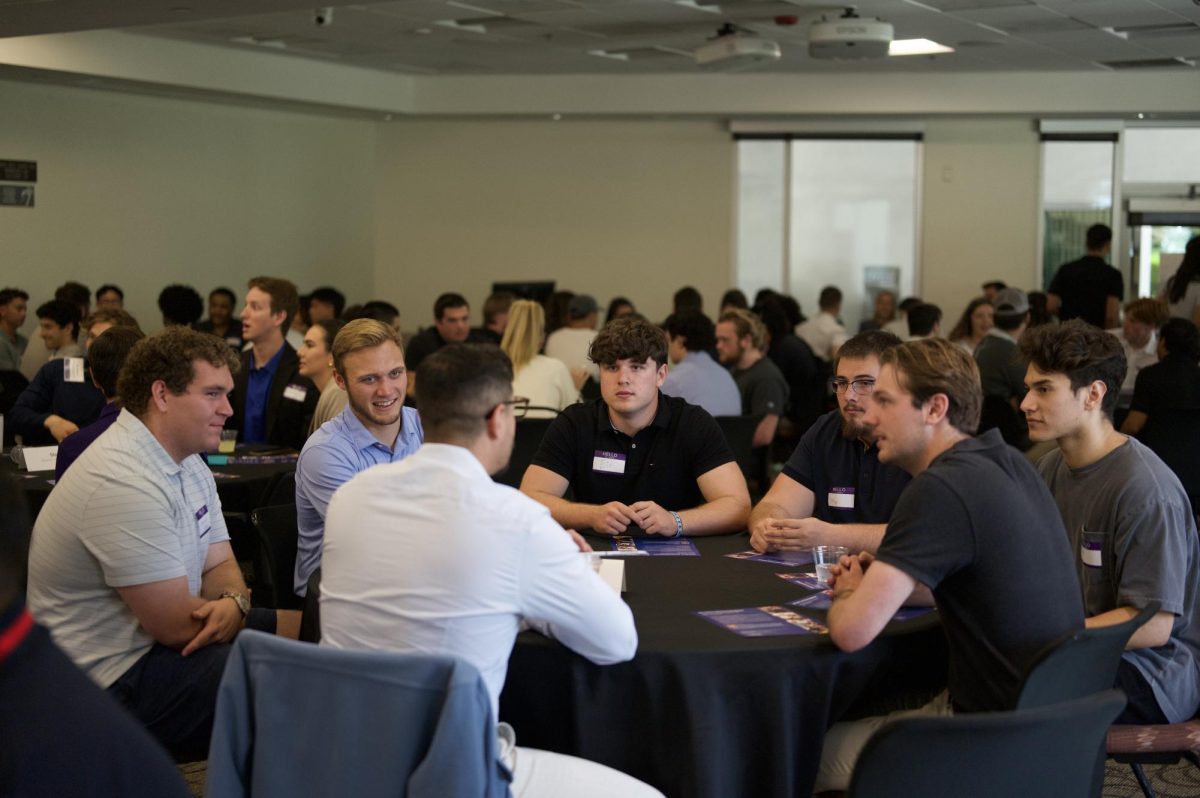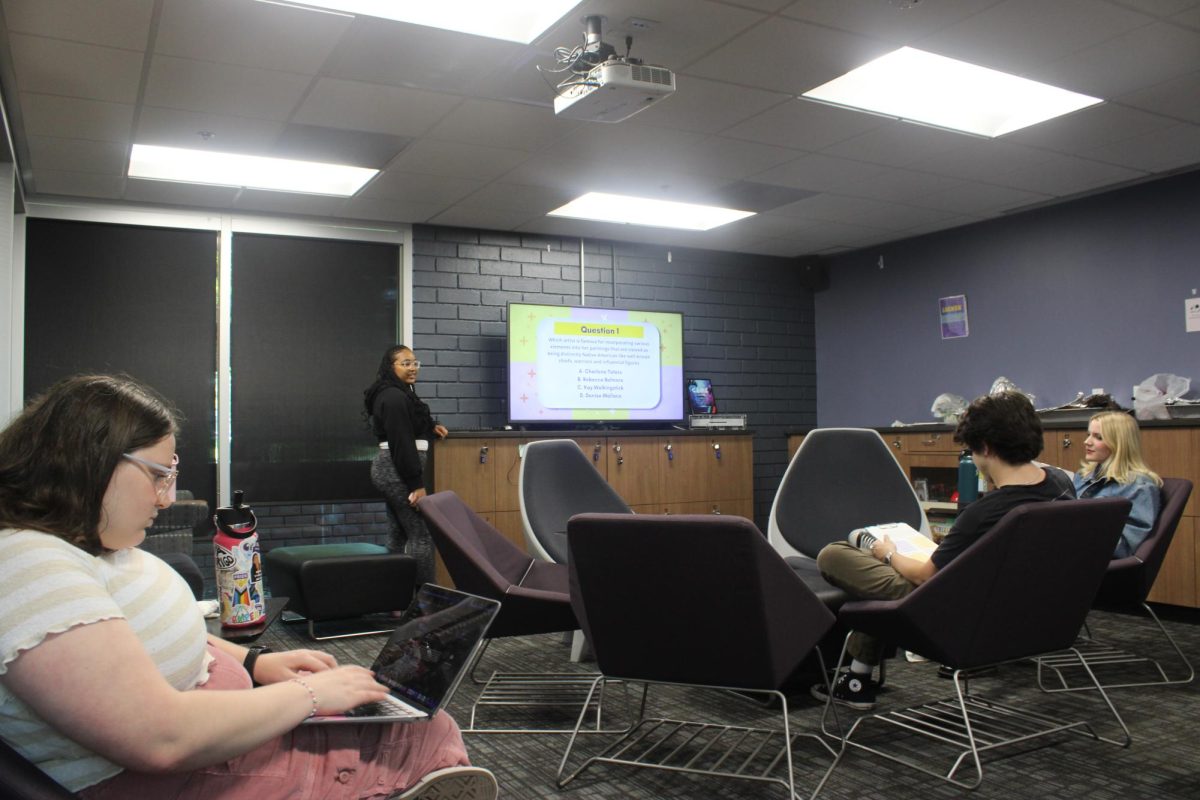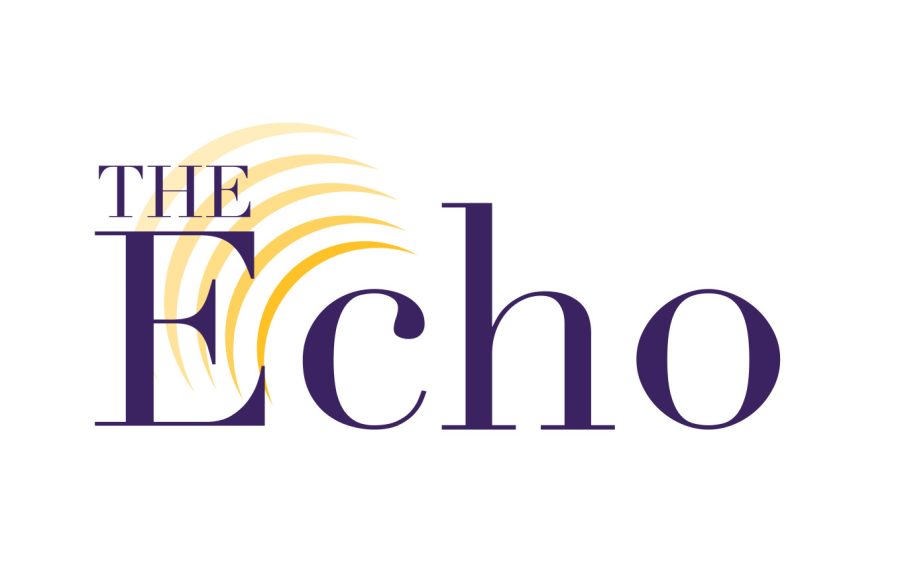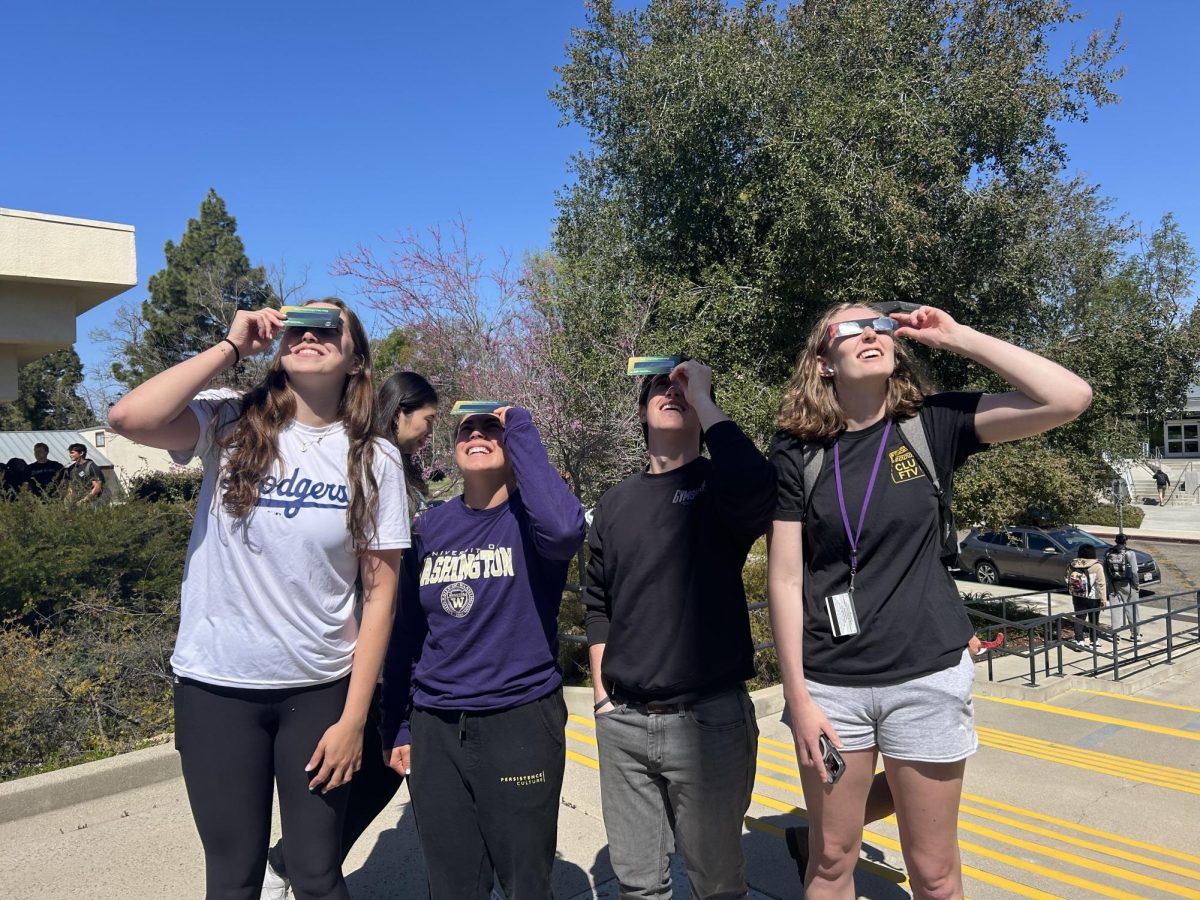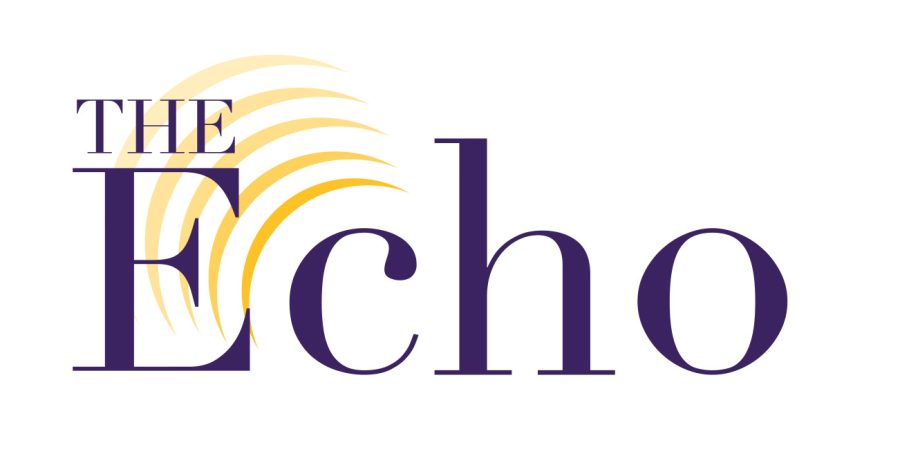You’re walking down the stone steps toward Memorial Parkway and you step over a poster announcing that it’s Philanthropy Phriday and that you should donate to the CLU Annual Fund. You walk past the giant square of dirt that will one day be Ullman Commons and find your mailbox. Inside there’s a reminder that you need to write a thank-you note to the donors responsible for the scholarship you got this year.
California Lutheran University is supported by donations. They subsidize tuition, pay for new buildings and keep the university moving forward. Whether students are aware of it or not, alumni, community members and other donors are directly affecting their college experiences.
Usually, the only time I hear donors mentioned is when something controversial happens on campus and everyone wonders whether donations will be affected by the change. For example, in 2011 when the ASCLU-G proposed removing the phrase “to further Christian growth” from their constitution, the CLU community worried that donors would be upset and stop giving to the university. But according to Michelle Spurgeon, senior director of the Annual Fund, the backlash against that news was not significant.
“There are always people that are unhappy about something on campus, but overall people see CLU as a positive place,” she said.
Spurgeon said that when the university changed its logo from a cross to a sun, it caused a similar flurry.
“I think it’s the older generations that feel that way, but other people support it. You’re never going to make everybody happy,” she said.
The office of University Advancement, where Spurgeon works, takes calls from donors and answers their concerns about university news.
But it’s also important to consider that donors to CLU aren’t as old or conservative as students might assume. According to Spurgeon, 60 percent of alumni, who make up a significant number of donors, graduated in the last decade. That means they’re still paying off loans, working and starting families.
Of course, donors do have vested interest in CLU and everything it stands for.
“I think it would turn donors off if the university made a serious departure from the way it acts,” said Rod Gilbert, chair of the Board of Regents. “To have morals and ethics is part of what attracts me to CLU.”
Staying true to tradition while encouraging diversity is a tricky balancing act.
“There are different models of religious higher education – Westmont, Azusa Pacific – that are trying to create a Christian community. We’re really not trying to do that. We’re really diverse,” said Bill Rosser, vice president of student affairs and dean of students, who also donates to CLU. “If we’re really serious about wanting to be a diverse scholarly community, we don’t hide from our traditions.”
Rosser recalled the first time the Gay Men’s Chorus of L.A. performed at CLU, which upset many donors to the university.
“We have to do what we think is right, what creates the best educational environment for students,” said Rosser.
Nina Kuzniak, student sexual responsibility intern for Wellness Programs, also has to walk the line between tradition and progression. Her job is to provide information and materials for safer sex to students.
Kuzniak recently proposed a condom distribution campaign called “Cover Your Kinsgmen,” which Rosser did not approve.
“We’re clear that [condoms are] available to seek out,” Rosser said. “I want to be sensitive to the individual that would be difficult for and not assume everyone’s on the same page about that.”
This tug-of-war between conservative and liberal values is what makes CLU unique.
Rosser said the Board of Regents recently approved wine at a networking reception for graduate students.
“There were certainly some that were very opposed to changing the culture to allow for that,” he said. But Rosser said the negative impact these decisions might have on donations isn’t the university’s first concern.
“We can’t pretend to be a conservative bastion protecting students from the outside world,” said Rosser.
Ultimately, donors want students to have the quintessential CLU experience, whatever that means for them.
“It’s [the students’] campus,” said Stephen Wheatly, vice president of University Advancement. “Our efforts are to encourage the CLU academic experience, which is different from what previous generations had.”
Wheatly added that the strong relationships the university has with its donors should allow them to have open conversations about controversial issues that surface.
“It amazes me how much love they have for the university,” said Rebecca Cardone, ASCLU-G president who serves on the Board of Regents. “We need to make sure we don’t think of donors as a group of elites.”
Chloe Vieira
Editor in Chief
Published Feb. 27, 2013



